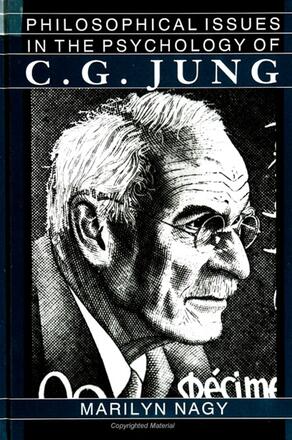
Philosophical Issues in the Psychology of C. G. Jung
Alternative formats available from:
Description
For the philosopher and psychologist this book offers the first thoroughly cross-disciplinary interpretation of Jung's psychology. Using the conceptual framework of traditional Western philosophy, Nagy studies the internal structure of Jung's theory. His epistemology, his ontology (archetypes), and his teleological views (individuation and theory of self) are analyzed in the context of late nineteenth and early twentieth century philosophical and scientific problems. Jung's psychology is a response to the challenge of Freud and to the rise of the empirical sciences.
Marilyn Nagy has practiced as a Jungian analyst for 24 years, and has taught at the C. G. Jung Institute of San Francisco and the Pacific Graduate School of Psychology, where she is a member of the clinical faculty. Dr. Nagy has a Ph. D. from the Graduate Theological Union in Berkeley, and trained as an analyst at the C. G. Jung Institute in Zürich, Switzerland.
Reviews
"The topic is very significant and most important to the field of studies in Jungian thought wherein one endeavors to know C. G. Jung within the history of ideas and in the general context of twentieth-century culture. The author has taken on a much needed task in her efforts to situate Jung within a specific philosophical tradition. " — Marian L. Pauson